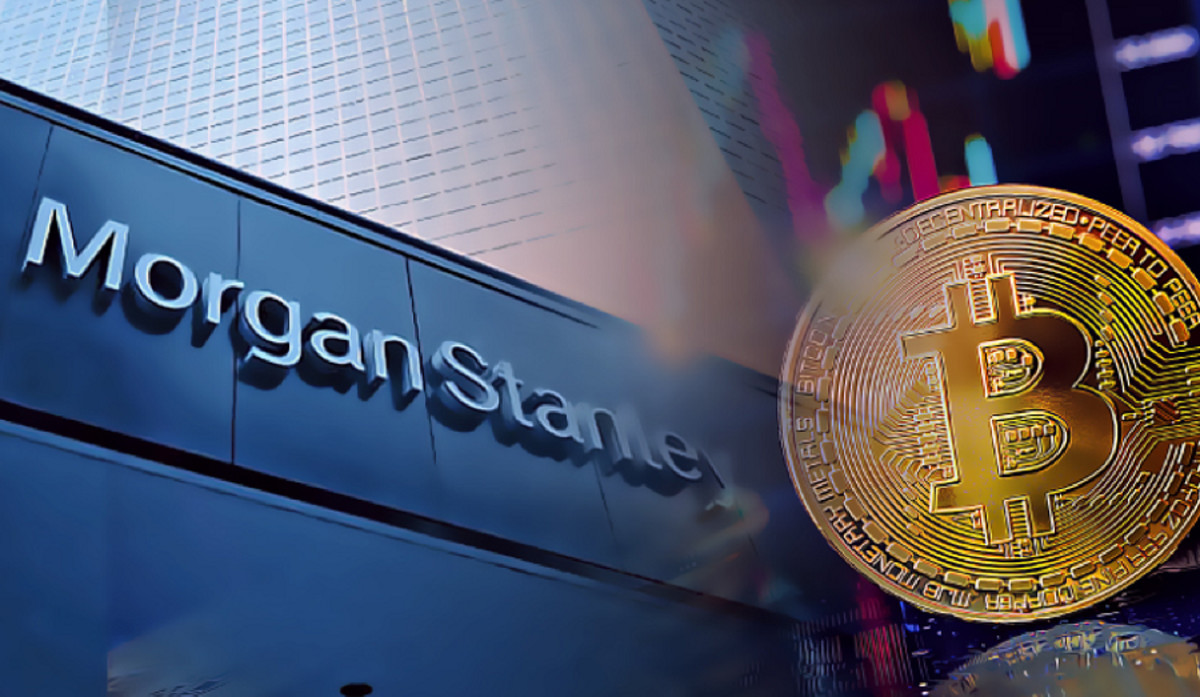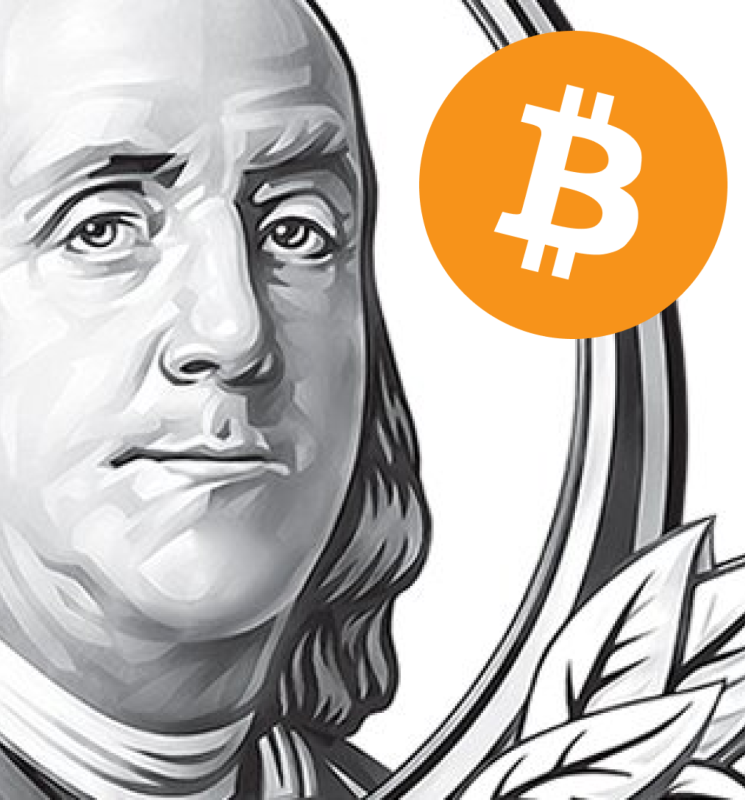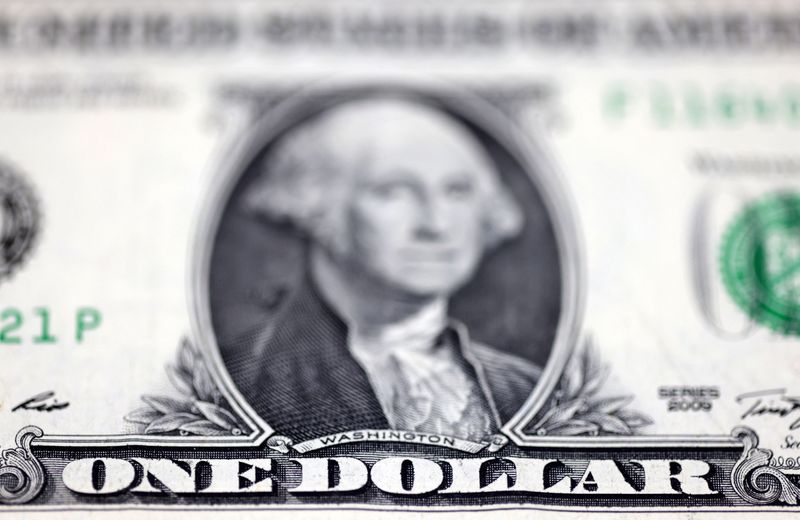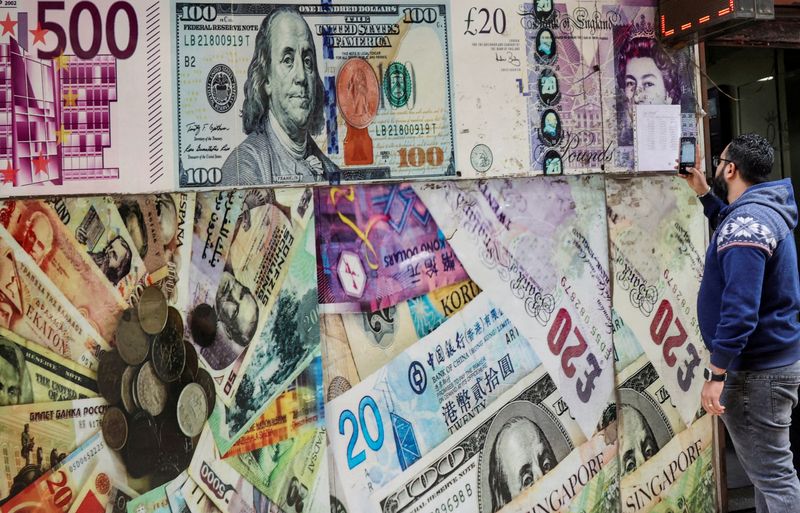Month: April 2024
Report: Morgan Stanley ‘Racing’ to Offer Bitcoin ETFs to All Clients
Morgan Stanley and UBS are working to become the first major U.S. banks to offer a spot Bitcoin ETFs to all clients, according to social media reports.
With $1.26 trillion and $1.1 trillion in assets under management respectively, Morgan Stanley and UBS are two of the largest wealth managers worldwide. Both are vying to fully approve Bitcoin ETF trading on their platforms in a pivotal moment for institutional Bitcoin adoption.
The reports come from Bitcoin insider Andrew on X and Bloomberg analyst Eric Balchunas.
Andrew, an influential Bitcoin commentator, tweeted Morgan Stanley may announce its Bitcoin ETF listing “days before” UBS. He said global banks have been urgently discussing adding the products.
UPDATE: several notes from @MorganStanley execs this AM; salty about @UBS post yesterday. They want to be the first wirehouse to fully approve the #Bitcoin ETF’s.
– @MorganStanley may announce a few days before @UBS.
– interesting that global banks are talking about $BTC ETF’s…
— Andrew (@AP_Abacus) April 3, 2024
Initially skeptical, Bloomberg’s Balchunas agreed the firms are playing a “compliance game of chicken” on Bitcoin ETF approvals.
The upcoming launches would mark a major milestone for Bitcoin’s mainstream acceptance. Morgan Stanley adding BTC ETF trading would be a stunning U-turn after CEO James Gorman said last year he didn’t think Bitcoin had much uptake as an institutional asset class.
Access could be imminent, pending strict compliance reviews. But a green light would still represent a watershed moment for Bitcoin.
Major wealth managers offering ETF trading would convey growing confidence in Bitcoin’s longevity and expose millions of new investors to the market. Being a leader in Bitcoin ETFs could attract billions in new client assets. The moves also signal growing confidence in Bitcoin’s longevity among the world’s banking elite.
The accelerating race between giants like Morgan Stanley and UBS validates Bitcoin’s promise. Other wealth managers will likely quickly follow their lead.
As game theory takes hold, Bitcoin’s march towards the mainstream financial system gains irresistible momentum. Significant bank adoption may be closer than many imagine.
Franklin Templeton: Ordinals Driving ‘Renaissance’ in Bitcoin Innovation
Major financial services company Franklin Templeton, managing approximately $1.5 trillion in assets, believes Bitcoin is experiencing a “renaissance” in innovation driven by ordinals and other new developments on Bitcoin.
JUST IN: $1.5 trillion asset manager Franklin Templeton says Ordinals drive ‘positive momentum’ in #Bitcoin innovation.
Institutions are coming 🙌 pic.twitter.com/3lSDwNwE5Q
— Bitcoin Magazine (@BitcoinMagazine) April 4, 2024
In recent years, Franklin Templeton has emerged as one of the earliest big institutional adopters of Bitcoin. After filing for a spot BTC ETF last year, the firm launched its Franklin Bitcoin ETF (EZBC) in January amid a wave of SEC approvals.
This openness to Bitcoin continued in a recent report from Franklin Templeton’s Digital Assets division in which it highlighted the rise of Bitcoin-based NFTs called Ordinals, new fungible tokens, and layer 2 protocols.
Franklin Templeton tweeted that these new projects primarily drive positive momentum in Bitcoin innovation. Trading volume data shows ordinals like NodeMonkes and Runestone surpassing Ethereum NFTs.
According to the report, this is providing evidence that Bitcoin provides advantages over other blockchains, and that its security, decentralization, and large user base give it an edge for mainstream adoption.
Beyond NFTs, technical standards like BRC-20 and Runes are expanding Bitcoin’s functionality. Along with layer 2 scaling, these developments are kickstarting a new growth and maturity phase, the Wall Street firm said.
Franklin Templeton’s bullish perspective reflects a broader institutional warming towards Bitcoin and its capabilities, with major players like BlackRock also embracing Bitcoin even as they openly discuss “tokenizing” assets.
Dollar retreats from highs; more labor market data in focus
Post Content
US dollar to stay strong as markets delay Fed rate-cut bets: Reuters poll
Post Content
Indian rupee to rise modestly against dollar in next three months: Reuters poll
Post Content
Japan won’t intervene unless yen slides below 155, says ex-FX diplomat Watanabe
Post Content
Analysis-Currency markets are in a deep freeze. Rate cuts and Trump could thaw them
Post Content
Asian FX bears firm as investors mull timeline of US rate cuts: Reuters poll
Post Content
Asia FX muted, dollar slides from near 5-mth highs amid rate uncertainty
Post Content
EUR/USD jumps, but faces bumpy path as ECB members continue to warm up to June cut
Post Content








